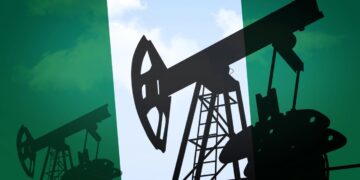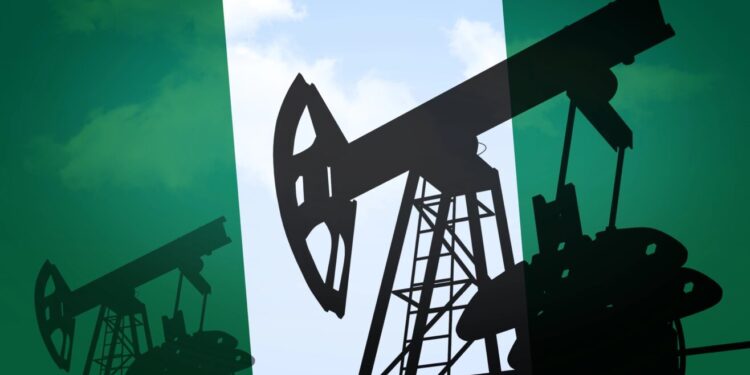By John Ikani
A panel of experts at FocusEconomics has forecast that Nigeria’s crude oil production will average 1.36 million barrels per day (bpd) in 2024, up from an estimated 1.25 million bpd in 2023. This represents a modest increase of 8.8%.
The projection is based on the assumption that security in the Niger Delta, Nigeria’s oil-producing region, will continue to improve. The region has been plagued by violence and sabotage in recent years, which has severely hampered oil production.
The experts also believe that the Dangote Refinery, which is currently under construction, will begin ramping up production in 2024. This will increase the demand for crude oil in Nigeria and further boost production.
Despite Positive Outlook, Challenges Remain
Despite the positive outlook for oil production, there are a number of challenges that could hinder Nigeria’s economic growth in 2024. These challenges include:
• A scarcity of foreign currency reserves
• Escalating inflation rates
• A devalued national currency, the naira
• Persistently high-interest rates
• Soaring cost of living
• Social discord
• Crude oil theft
• Weak net foreign exchange reserve position
The FocusEconomics report also noted that the private sector Purchasing Managers’ Index (PMI) contracted in recent months, indicating a potential wane in industrial vitality.
Fitch Affirms Nigeria’s Economy with ‘B-‘ Rating
In addition to the aforementioned challenges, Fitch Ratings recently affirmed Nigeria’s economy with a ‘B-‘ rating and a stable outlook.
The agency acknowledged the government’s recent reforms but also expressed concerns about the persistent disparity between official and parallel exchange rates, as well as Nigeria’s vulnerability stemming from a weakened net foreign exchange reserve position.
Other Sub-Saharan African Nations Expected to See Growth
The FocusEconomics report also noted that other sub-Saharan African nations are expected to see economic growth in 2024. This growth is due to factors such as growing populations and substantial investments in expansive infrastructure projects. However, these economies also face challenges such as high debt levels.


































